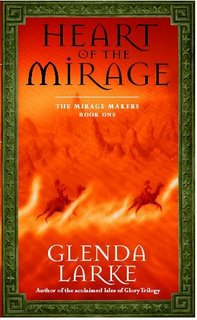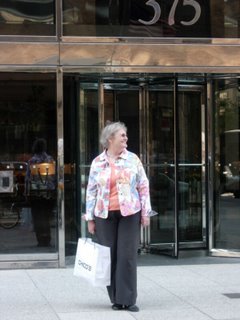I just saw this movie. If you haven’t, do so. It’s the best thing to come out of Hollywood in years – I cannot remember ever seeing a film that kept such a high level of tension going from beginning to end, even though parts of it were very funny. By the time it had finished, I was exhausted.
I bow to the scriptwriters in awe. I wish I could write something half as good.
(I did need some of the jokes explained to me – I guess only an American would get the bit about Mexicans and cars on the lawn…went competely over my head.)
And you know what? I felt sometimes as if parts of it could have been written about this country …America (alas) doesn’t have the exclusive copyright on being weird when it comes to race relations.
Here’s a true story. Happened about two months back.
A friend of mine had a Jewish houseguest who wants to go to the synagogue on the Sabbath. Friend doesn’t know whether Kuala Lumpur has a synagogue, so she rings up the Tourist Bureau to find out. Woman on the phone says, ‘Huh? What’s a synagogue?’
Friend explains.
Woman on phone – a government servant, remember, whose job it is to give information to visitors to the country – laughs and says, just after she has been told that the inquiry is being made on the behalf of someone Jewish: “Oh no, we don’t have Jewish peoples here! They are naughty peoples!”
I shudder. This is the kind of person who represents our country to tourists? Someone who is so steeped in prejudice and ignorance that she can say something like that and not be deeply ashamed of her bigotry?
At a guess, I would also say that she is so stupid that she can’t tell the difference between the Israeli government (whom she may have legitimate reason to consider “naughty”), and someone who follows the Jewish faith. She is so ignorant that it never occurs to her that there may, from time to time, be people of that faith in the country, whom she is supposed to serve with courtesy. And she is so appalling bad-mannered that it never occurs to her that the person asking might be offended by such a crass statement.
I despair.
Anyway, go and see “Crash”.



